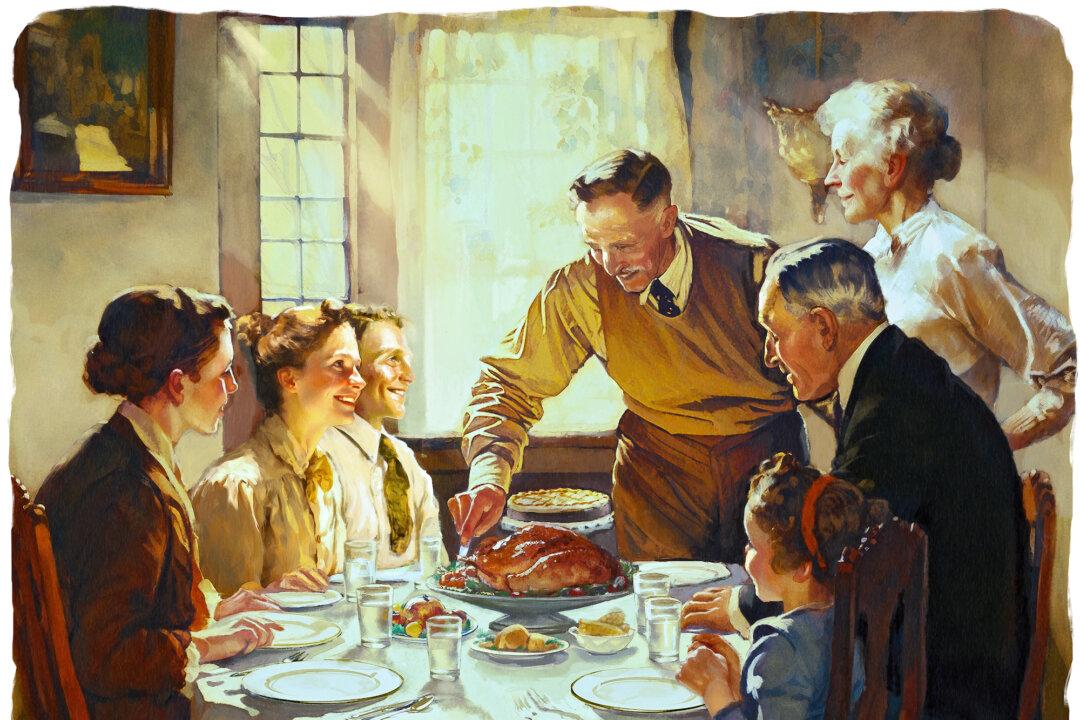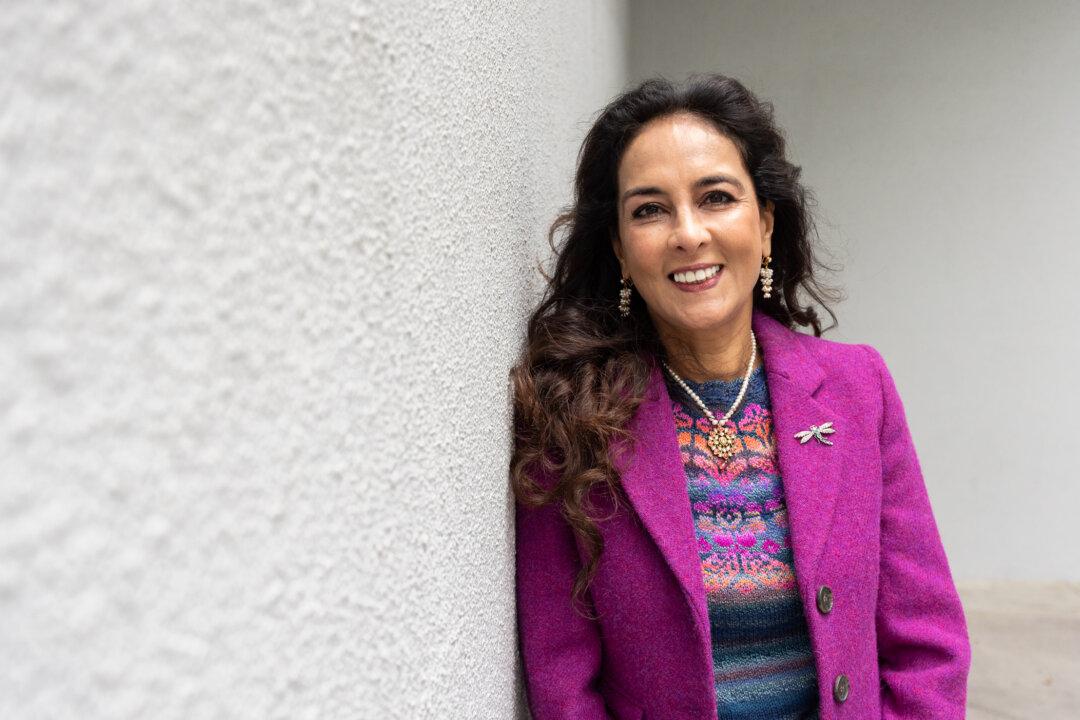Commentary
Our culture now revolves around a giant game of Victim Olympics. Prizes are awarded to whoever suffers most in the opinion of the judges. Schools teach children how to demonstrate suffering because that’s the skill that our culture rewards.





